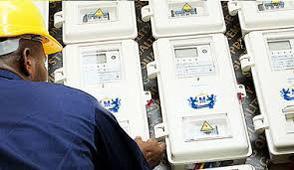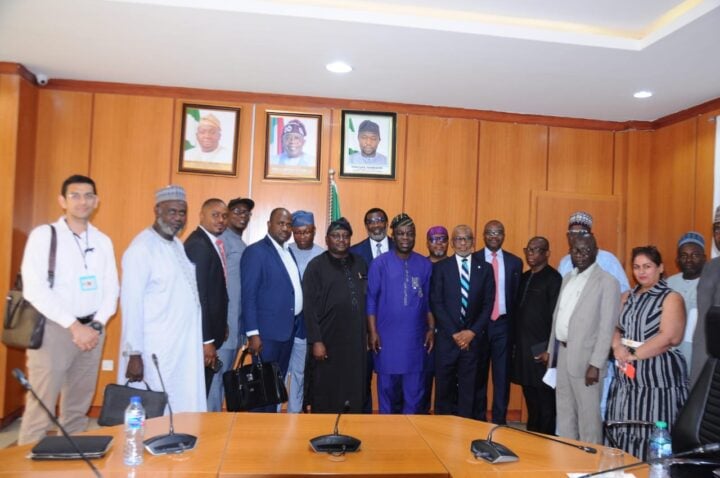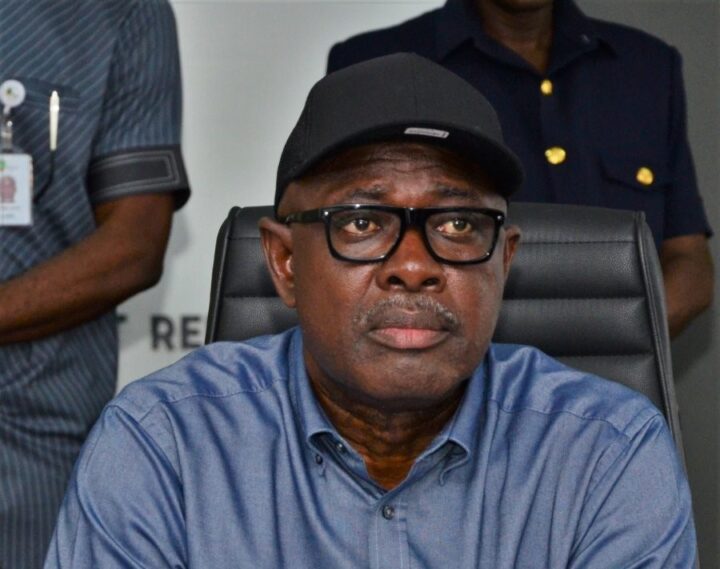The Nigeria Electricity Regulatory Commission (NERC) says it licensed 17 independent electricity distribution network (IEDN) providers at the end of last year.
In a new report, titled, ‘2022 Market Competition Report,’ released on Tuesday, the commission said 10 of the networks were operational at the end of 2022.
According to the commission, there has been more room for competition and operational efficiency as more operators function independently.
NERC said the electricity supply value chain was substantially privatised following the unbundling of the vertically integrated government-owned monopoly.
Advertisement
“All the 11 successor distribution companies (DisCos) have been privatised. Ownership and management of the Discos have been transferred to private investors,” the report reads.
“Additional private distribution company has been licensed in a specified franchised area. 17 Independent Electricity Distribution Networks’ operators have been licenced, of which 10 are operational as at December 2022.”
The commission said 11 generation companies (GenCos) previously owned by the government have been privatised.
Advertisement
The agency noted that eight national integrated power projects (NIPP) being managed by the Niger Delta Power Holding Companies Limited (NDPHC) are also in the process of being privatised.
“There are 9 operational Independent Private Plants (IPP) connected to the grid. Several off-grid and embedded generators have been licensed and currently operate in the Nigeria Electricity Supply Industry (NESI),” NERC added.
NERC said the level of competition in NESI has substantially increased with the participation of many competitive entities, adding that there are currently 28 operational GenCos and 12 grid-connected DisCos in NESI.
PROGRESS IN METERING
Advertisement
Giving details on its metering drive, NERC said at the close of last year, more electricity consumers have been metered across the country with Abuja, Lagos, and Benin topping the list.
The commission said a total of 77,790 customers registered for meters, while 59,691 have received their metres — representing 76.67 percent in the period under review.
“Abuja recorded 5,955 total number of registered metered customers while 5,932 were metered (99.61%) Ikeja registered 5,384 and supplied 5,247 (97.46%)meters, Kano registered 2,289 and delivered 2,289 (100.00%) while Benin registered 5,792 and 4,872 (84.12%) customers received meters,” the commission said.
“Seven (7) DisCos have, as at December 2022, metered between 80–100 of their maximum demand (MD) customers. The metering of non-MD customers has also progressed under different initiatives of the commission and the federal government.
Advertisement
“A total of more than 2,588,617 additional non-MD meters have been installed post-privatisation while most of the registered MD customers have been fully metered.
“The ratio of metered to registered customers shows customers metering status of 42.25% in the NESI as at 31st December 2022. This further indicates that Ikeja, Eko, Abuja and Benin DisCos had metered more than 50% of their registered customers as at the end of 2022.”
Advertisement
NERC RECOMMENDS CREATION OF INDEPENDENT SYSTEM OPERATOR
The commission said the Nigerian electricity market has evolved substantially and the NESI is ripe for transition to a more competitive market.
Advertisement
NERC recommended that Adebayo Adelabu, minister of power, should make a declaration for the creation of an independent system operator (ISO) in line with section 24(2 and 3) following which the necessary regulatory actions shall be provided by the commission for the operational take-off of the entity.
“The unbundling of the system operations (SO) and market operator (MO) from TCN and the establishment of an independent ISO is overdue at the current stage of the market and pertinent to enhance industry transparency and further drive the market to sustainability,” the commission said.
Advertisement
The agency also said there is an urgent need for a clear policy on payment for energy consumption by the host communities — communities hosting power infrastructure (especially generation plants) — which has contributed substantially to liquidity challenges facing the industry.
Add a comment






